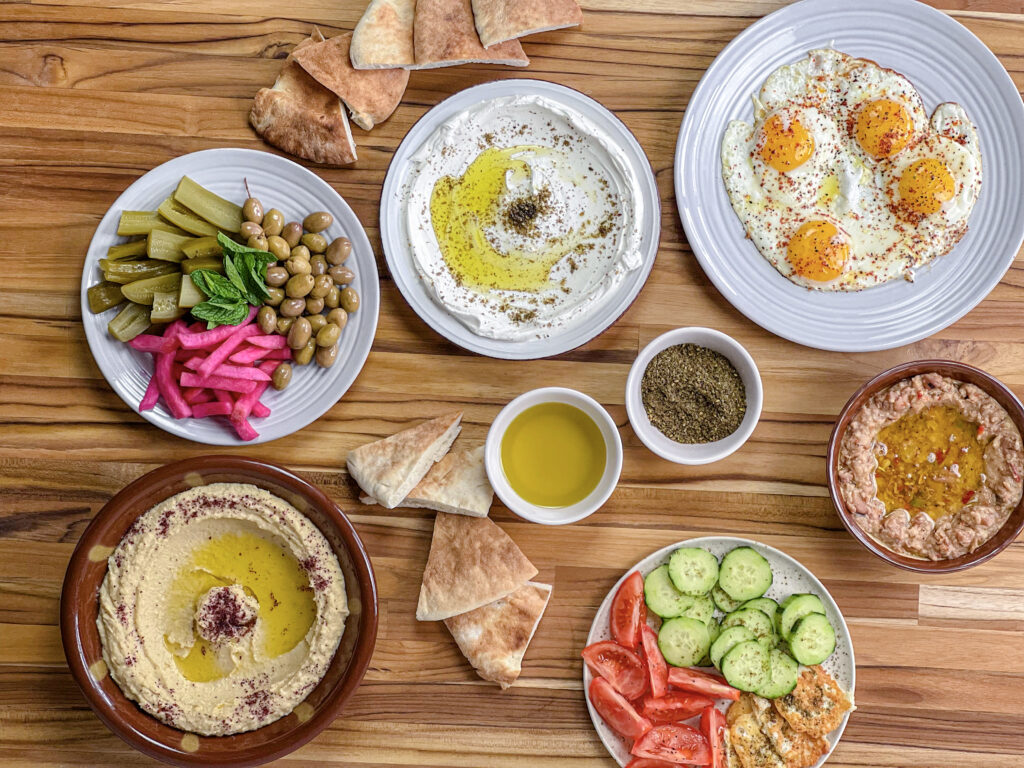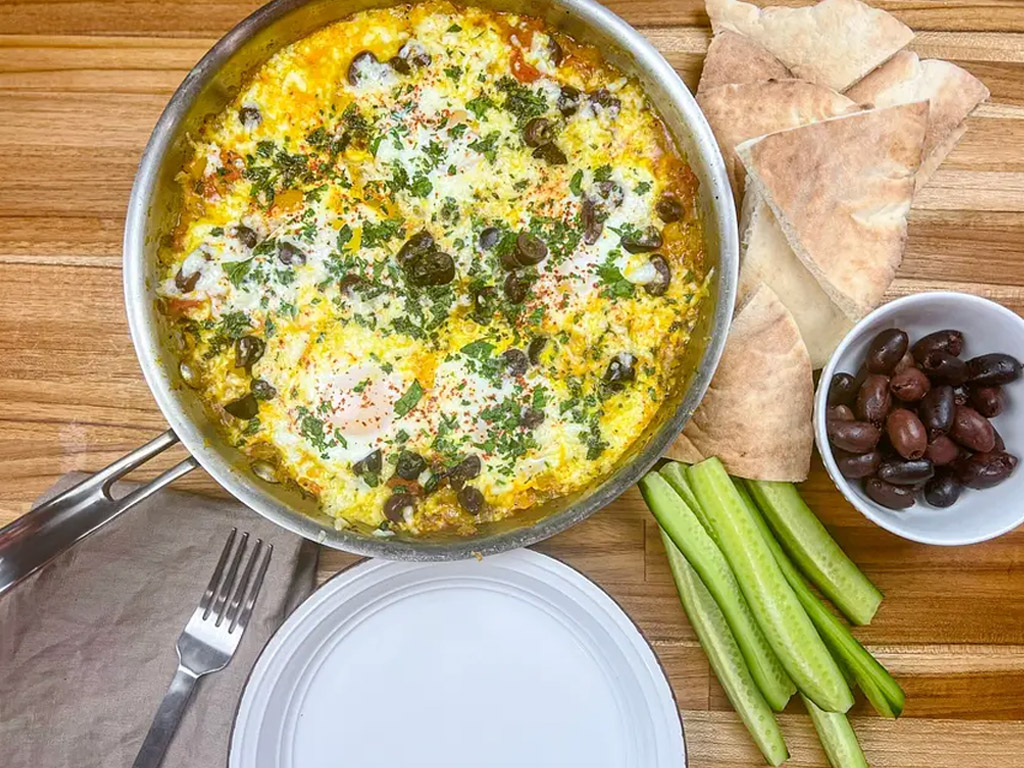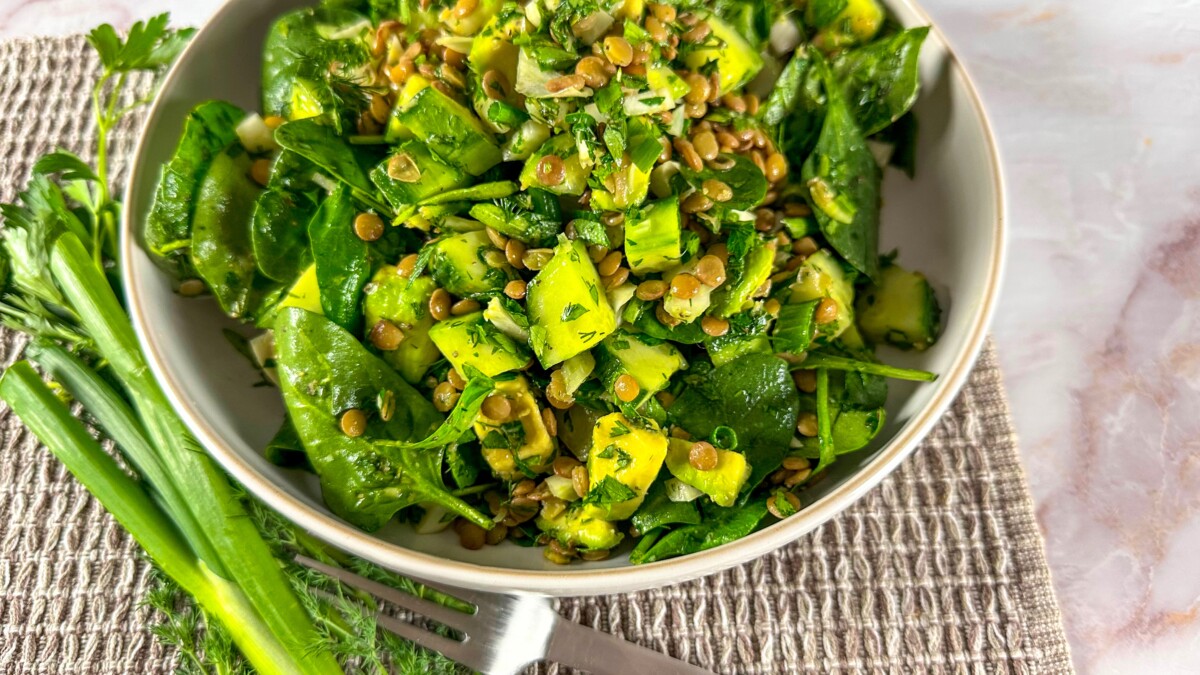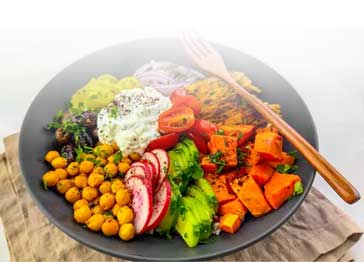Welcome to the world of Mediterranean cuisine, where food transcends mere sustenance and becomes a celebration of life! This vibrant culinary tradition, influenced by the rich history and diverse geographies bordering the Mediterranean Sea, emphasizes fresh, seasonal ingredients like fruits, vegetables, whole grains, olive oil, and aromatic herbs and spices. Recognized as one of the healthiest diets worldwide, Mediterranean cuisine holds a special place in my heart. My grandmother, who thrived on a diet rich in pure, organic, and seasonal produce, lived to be 107. Inspired by her journey, this guide explores the tapestry of flavors woven by the various countries and regions contributing to this exceptional cuisine. If you’ve ever wondered, “What is Mediterranean cuisine?”, prepare for a delicious exploration!

What is Considered Mediterranean Food
Before we embark on this delicious exploration, let’s delve into the heart of what defines Mediterranean cuisine. This vibrant tapestry is woven from the culinary traditions of regions bordering the sparkling Mediterranean Sea – Southern Europe (think Italy, Spain, and Greece), North Africa (like Morocco and Tunisia), the Middle East (including Israel and Turkey), and the Balkans. Centuries of trade, cultural exchange, and shared geography have influenced these regions, shaping their unique flavors.
Despite their personalities, Mediterranean countries share a common thread – a love for fresh, seasonal ingredients and traditional cooking techniques. Olive oil, a staple revered since ancient Greece, forms the base for countless dishes. Fresh from the Mediterranean waters, seafood takes center stage in many coastal regions. Vegetables like tomatoes, peppers, and eggplants, often sun-ripened to perfection, bring vibrant color and flavor to the table. Whole grains, such as bulgur wheat and couscous, provide a satisfying base for numerous meals, while fragrant herbs like rosemary, thyme, and oregano add a touch of magic to every dish.
One common question that arises is, “Is Mediterranean food Greek?” The answer is both simple and intriguing. Yes, all Greek food is Mediterranean. However, not all Mediterranean food is Greek. As discussed earlier, international Mediterranean cuisine encompasses a vast array of culinary traditions from many countries and regions.
Delicious Mediterranean food
barbajuan – Easy Appetizer Everyone Will Love
Authentic Croatian Fish Stew Brodet Recipe
Is Mediterranean Food Spicy?
Mediterranean cuisine is known for its diverse flavors, and although it generally avoids excessive spiciness, traditional recipes often feature aromatic spices that add a delightful zest to meats, vegetables, and grains. Due to the delicious flavors and diversity, many people enjoy cooking authentic Mediterranean diet recipes.
Common ingredients in the Mediterranean cuisine
The Mediterranean diet uses fresh, locally sourced ingredients to create nutritious yet flavorful meals. These ingredients not only add vibrant flavors but also offer a multitude of health benefits. For example, the abundant use of fresh herbs and spices like basil, oregano, thyme, and rosemary provides both aroma and taste and valuable antioxidants and anti-inflammatory properties. Seasonal vegetables such as tomatoes, eggplant, zucchini, and peppers are delicious and rich in vitamins, minerals, and fiber. Locally-produced extra-virgin olive oil is a staple of Mediterranean cuisine. In addition, it’s a source of healthy monounsaturated fats and adds a distinct Mediterranean flavor profile to each dish. Artisanal cheeses like feta and halloumi, along with whole grains and legumes like bulgur, couscous, and chickpeas, provide protein and a variety of nutrients. All of these are Mediterranean food staples and are shared in the region.
Mediterranean Cuisine: Cooking Techniques
Mediterranean cuisine is lauded for its simple yet flavorful cooking techniques, many rooted in ancient culinary traditions, that beautifully enhance the natural taste of ingredients. In addition to grilling, roasting, and sautéing, which were mentioned earlier, other techniques such as braising, baking, and steaming are also commonly used. Braising helps tenderize meats and vegetables, while baking brings out the sweetness in vegetables and seafood. Steaming preserves ingredients’ nutrients and natural flavors, making it ideal for cooking delicate seafood and vegetables. These versatile techniques allow for a wide range of dishes, including vegetarian and plant-based options.
Traditional Mediterranean Dishes
Mediterranean cuisine is brought to life by celebrated and undiscovered traditional dishes, each bearing its unique cultural significance and story from the vibrant historical tapestry of the region. Let’s explore some examples of traditional and best Mediterranean dishes from each sub-region:
- Southern Europe: Indulge in the flavors of Italian pizza with its thin, crispy crust and endless topping possibilities. Try the Greek moussaka, a comforting casserole made with layers of eggplant, potatoes, and spiced meat topped with a creamy béchamel sauce. Dive into Spanish paella’s vibrant colors and flavors, a rice dish with seafood, meats, and vegetables.
- North Africa: Experience the aromatic Moroccan tagine, a slow-cooked stew that combines savory spices, tender meats, and a medley of vegetables. Savor the hearty Tunisian couscous, featuring fluffy grains served with tender meat and vegetables in a flavorful broth. Indulge in the Tunisian brik, a crispy pastry filled with savory ingredients like tuna, eggs, and herbs.
- Eastern Mediterranean: Satisfy your taste buds with Turkish kebabs featuring marinated meats, vegetables, and even fruits, grilled to perfection. Delight in the creamy and flavorful Lebanese hummus made from blended chickpeas, tahini, garlic, and lemon juice. Experience the fragrant Palestinian chicken musakhan, a dish of roasted chicken, caramelized onions, and aromatic spices served on a bed of flatbread.
- The Balkans: Sample the Serbian cevapi, small grilled sausages made with a blend of ground meats and aromatic herbs, served with flatbread and onions. Discover the Albanian fërgesë, a delicious casserole combining peppers, tomatoes, cottage cheese, and meat or beans. Enjoy the Macedonian tavče-gravče, a comforting dish of baked beans with onion, garlic, and spices.
Benefits of Mediterranean diet
The Mediterranean diet, renowned not only for tantalizing the taste buds but also for its numerous health benefits, has its roots in the traditional dietary patterns of Mediterranean communities. These communities are known for their longevity and low rates of heart disease. Research has shown that following a Mediterranean-style eating pattern can reduce the risk of heart disease, improve cognitive function, and support weight management.
To incorporate the Mediterranean diet into your lifestyle, consider the following tips:
- Emphasize fresh, whole foods, including fruits, vegetables, whole grains, legumes, and lean proteins.
- Make olive oil your primary source of fat, as it is rich in healthy monounsaturated fats and antioxidants.
- Limit your intake of red meat, processed foods, and sweets, focusing instead on enjoying fish, poultry, and plant-based proteins.
- Embrace the Mediterranean way of dining by enjoying meals with family and friends. Take time to savor and appreciate your food, fostering a sense of community and enjoyment.
A Personal Invitation from Rana
Mediterranean cuisine is deeply personal, echoing the warmth and joy of meals in my grandmother’s kitchen. It’s not merely food; it’s a tapestry of memories, cultural heritage, and delightful flavors.
With Rana’s Recipes blog ([link to your website]), I aim to share these culinary gems, inspiring you to embark on your flavorful adventure. Here, you’ll uncover a rich collection of authentic recipes designed for cooks of all levels. From succulent grilled lamb skewers to vibrant vegetable paellas, these dishes will tantalize your taste buds and bring the Mediterranean’s vibrant spirit into your home kitchen.
Dive into my Mediterranean Diet page for family-friendly recipes that transform every meal into a celebration. With these dishes, you’re crafting not just food but memories and moments that connect you with a storied culinary tradition.
So, start your journey today with Rana’s Recipes. Discover, cook, and celebrate the Mediterranean with us. Bon appétit!










